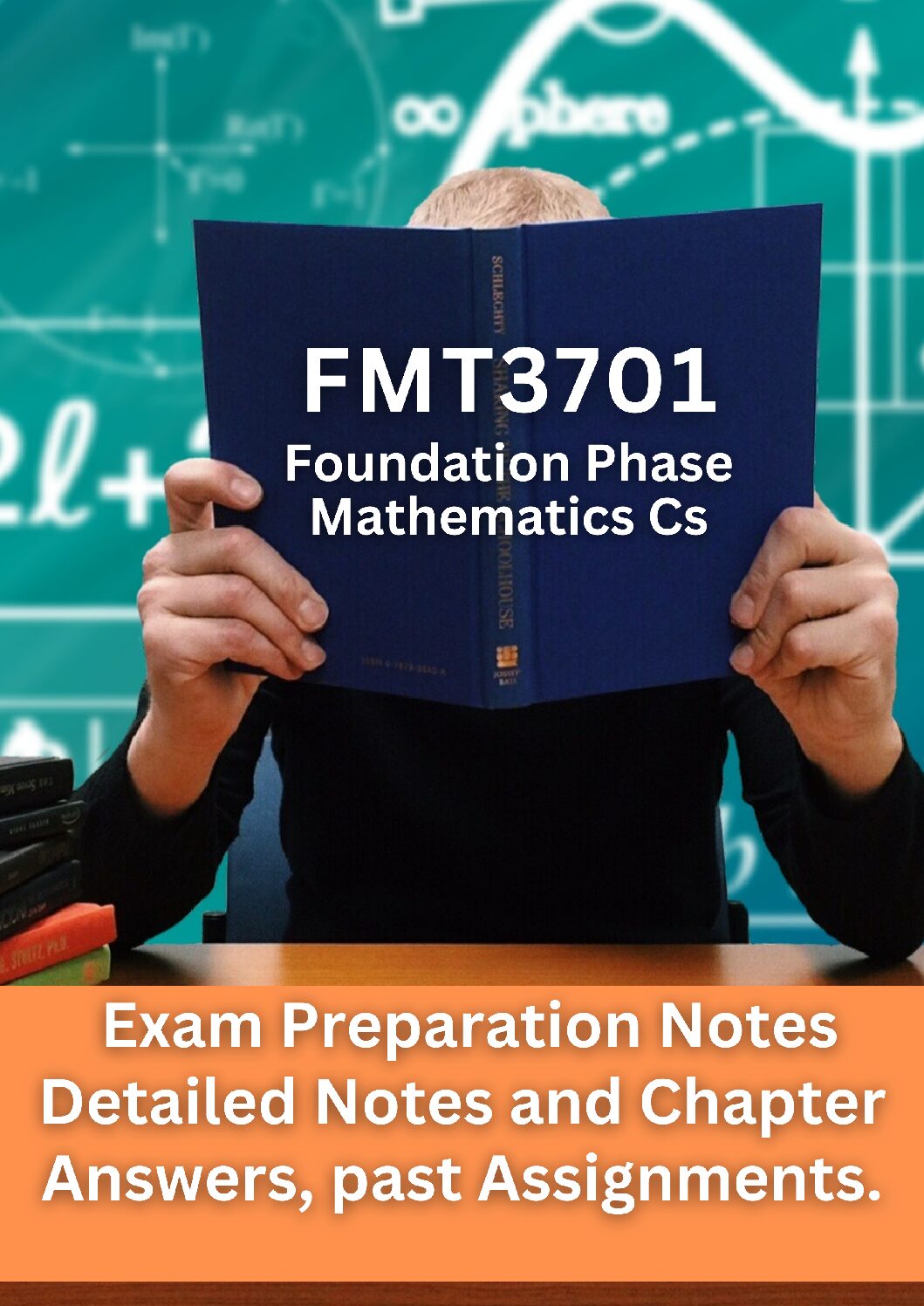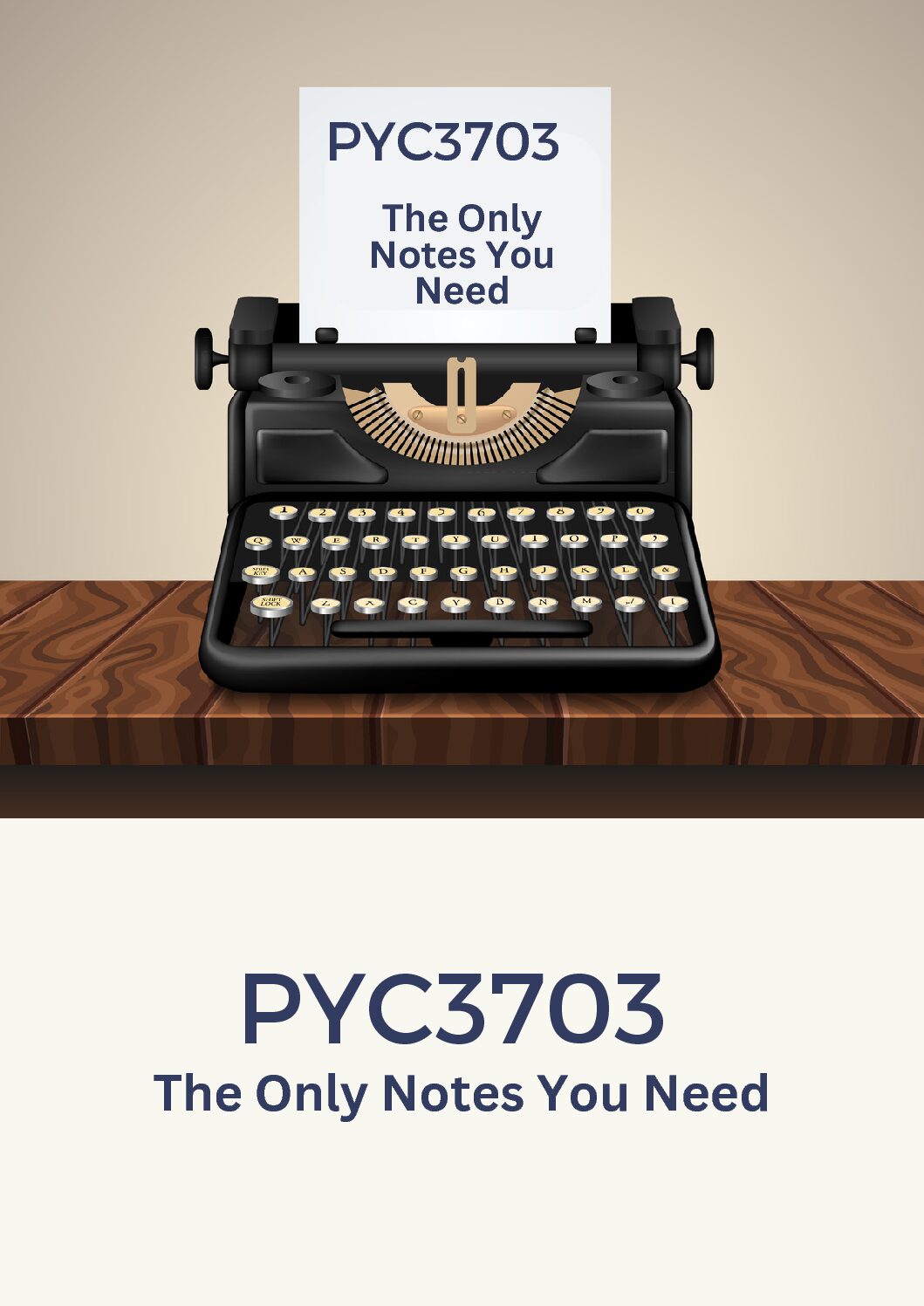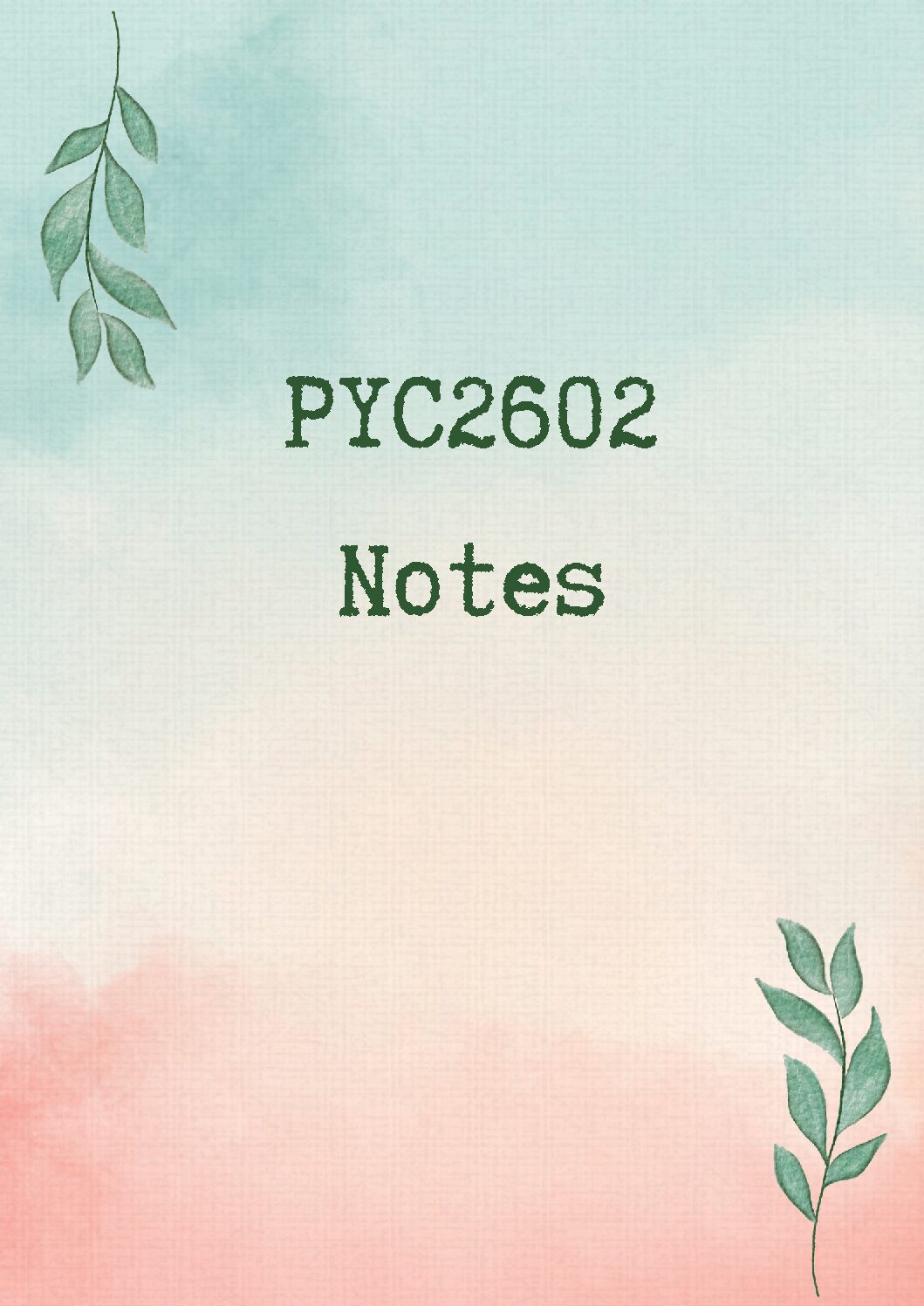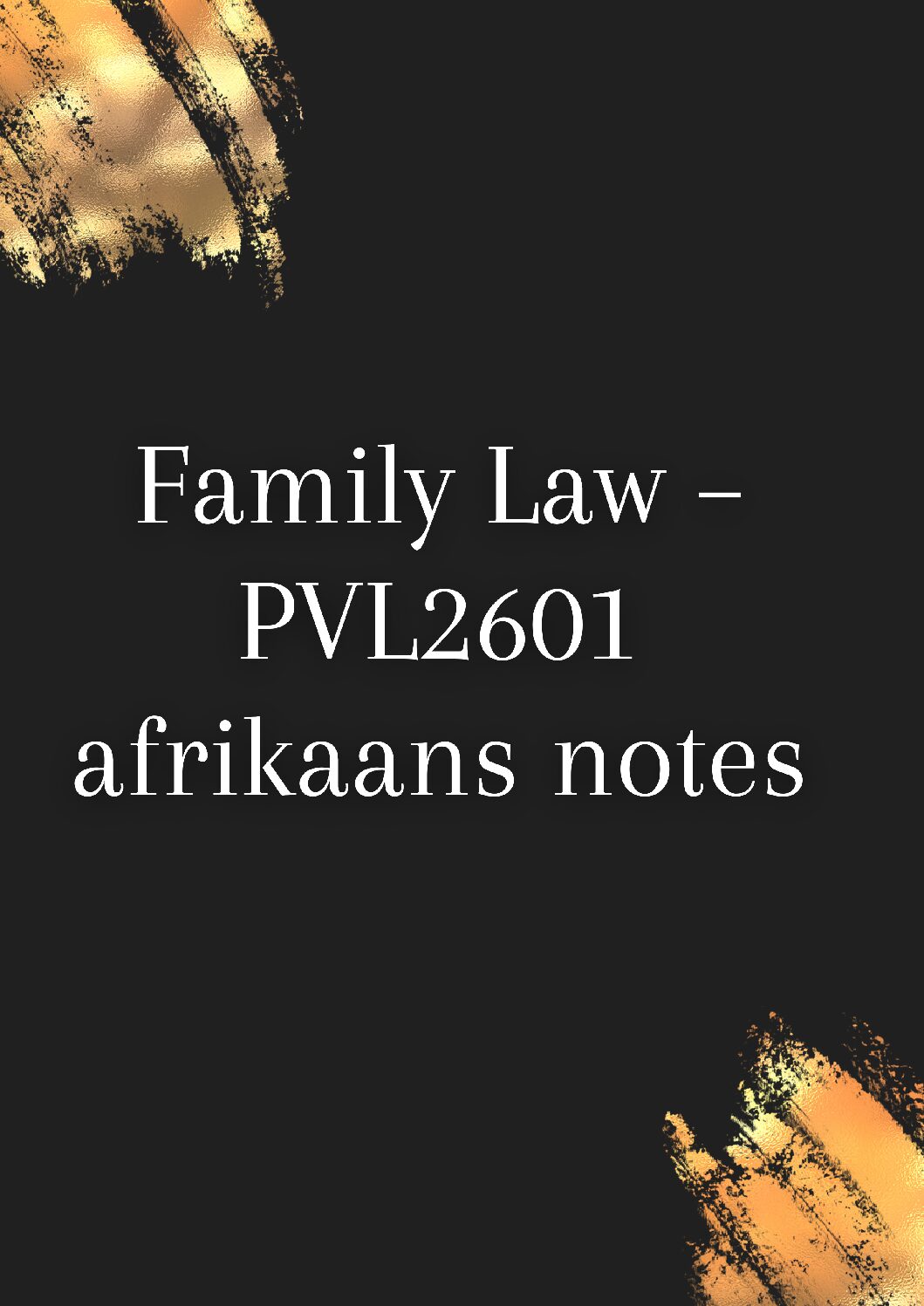Description
This critical essay analyses the significance of social justice, equality, and human rights in the context of inclusive education. It begins by defining these core concepts and explains how they relate to the broader aim of creating equitable and accessible learning environments for all learners, regardless of ability, background, or socio-economic status. The essay draws on key theoretical frameworks, including Paulo Freire’s Critical Pedagogy and Social Justice Theory, to highlight the importance of transforming educational practices and challenging systemic oppression. Human rights instruments such as the UN Convention on the Rights of Persons with Disabilities (CRPD) and national policies like South Africa’s Education White Paper 6 are used to demonstrate global and local commitments to inclusive education. The essay also discusses how schools and teachers can promote human rights by implementing inclusive strategies, reducing discrimination, and supporting diverse learners through differentiated teaching. In conclusion, the essay makes practical recommendations to ensure inclusive education is effective, sustainable, and grounded in fairness and dignity for all learners.












Reviews
There are no reviews yet.